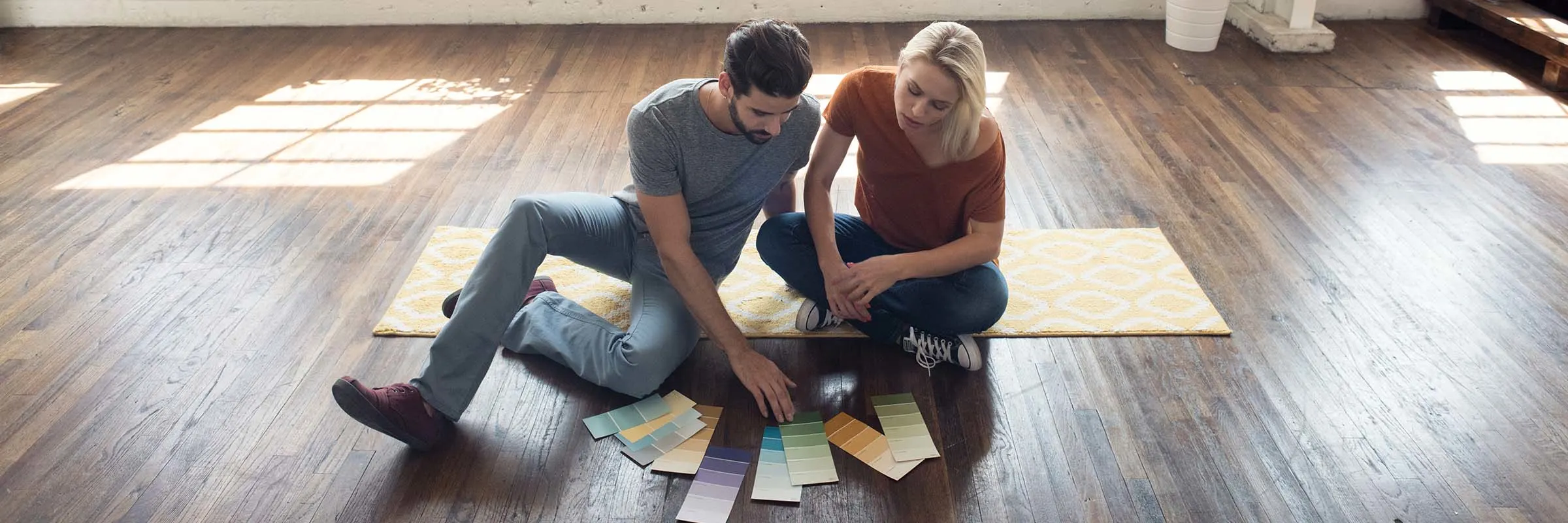With a mortgage refinance, you might be able to save money if you secure better loan terms and a lower interest rate. But keep in mind this process comes with costs, so weigh your pros and cons before jumping in.
What is a mortgage refinance?
In short, a mortgage refinance is a new mortgage that replaces your existing mortgage. Refinancing could mean a new interest rate, an adjusted term or different repayment conditions.
The process is similar to when you applied for your existing loan. Your lender may ask for information such as your credit score, income, assets, current debt, the amount remaining on your existing mortgage and the estimated value of your home to assess their offer. Once you qualify, expect to go through an appraisal or inspection, though these types of requirements can vary by lender and mortgage option.
A mortgage refinance isn’t free. Just like how you paid upfront when you first took out your mortgage, be prepared to pay for closing costs on your new loan as well.
Read more: Saving up for closing costs? Here’s how savings buckets and boosters can help.
When should I refinance my mortgage?
A common goal for homeowners is to save money through lower interest rates, but there are many reasons you might choose to go through the refinancing process. You can:
Switch from an adjustable-rate mortgage to a fixed rate: With an adjustable rate mortgage, your interest rate can fluctuate over time depending on the market. If you’re looking for longer-term rate stability, a fixed rate could be right for you.
Shorten your mortgage term: Is your goal to pay down your mortgage sooner? You can refinance to a shorter term loan, but keep in mind this could result in higher monthly payments.
Eliminate PMI: If you are currently paying private mortgage insurance on your existing mortgage and your home's equity has increased, a refinance could help remove that requirement.
Borrow against your home’s equity: By taking out a larger loan than your current mortgage, you can get cash now.
Take advantage of good credit: If your credit score has improved since you last applied for a mortgage, this could present an opportunity to qualify for a lower rate.
If you’re deciding whether to refinance, consider your breakeven point, or when you’ll break even between the costs and what you’ll save.
Types of mortgage loans for mortgage refinancing
You can choose from a few different types of mortgage refinancing options, including:
Cash-out refinance: You take on a larger mortgage in exchange for cash
Cash-in refinance: You secure better loan terms with cash payments
Rate-and-term refinance: Lets you adjust interest rates and loan terms
The costs to refinance a mortgage
It pays to be prepared since a mortgage refinance comes with some costs. To track your progress against these expenses, Ally Bank Savings Account’s savings buckets can help you see exactly where your savings are going.
Closing costs will take your biggest chunk of savings: You can expect to pay between 3% and 6% of the overall loan amount. Keep potential fees in mind as well, such as an application fee, credit check, appraisal fee or other lender fees.
If you’re deciding whether to refinance, consider your breakeven point, or when you’ll break even between the costs and what you’ll save. To calculate this, start by adding up all your costs and fees. Then figure out your monthly savings by subtracting your new regular mortgage payment from your old. Divide your costs by your savings to see how many months before you’ll start to see those savings add up.
Market conditions could also affect your potential savings. Depending on current mortgage rates, you might not be able to secure a lower rate.
How often can I refinance my mortgage?
Technically, as often as you want. There’s no limit, but some lenders will require a grace period after taking out a new loan before you can refinance again. When deciding whether to repeat the process, don’t forget to take into account the price of fees and closing.
Your new mortgage
Once you’re prepared for the costs of your new loan and what the changes will mean for your budget, you’ll be set to take on the refinancing process.



